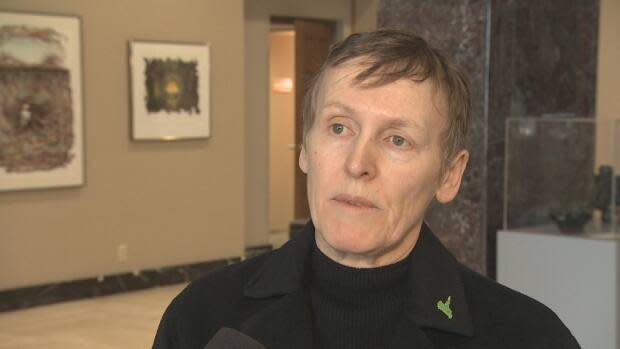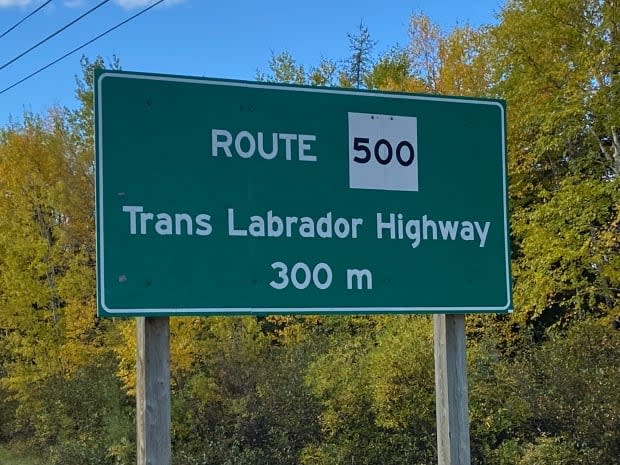N.L. awards contract to study feasibility of long-awaited road to northern Labrador


The government of Newfoundland and Labrador announced this week that it will be moving ahead with a pre-feasibility study on the construction of a road connecting the Trans-Labrador Highway to communities in northern Labrador.
The road has been on the table for several years. Now Allnorth Consultants Limited will assess and evaluate the critical elements of the project, for $269,350.
The study will consider the advantages and disadvantages of potential routes, the cost of necessary infrastructure, road maintenance post-construction, weather, climate, and environmental and socioeconomic impacts.
Torngat Mountains MHA Lela Evans said the study, which she has called for since 2019, is long overdue, and noted there has been funding allocated for it in the last three provincial budgets and three separate funding announcements.
Since not all of the communities in Evans's district are connected to the Trans-Labrador Highway, she said, residents have to travel by boat, which they can't do in the winter, or by plane — but air travel is often disrupted by poor weather.
Transportation system 'archaic': MHA
Evans said the main concerns of people in her district are transportation, food and the cost of heating. All three, she said, are tied to the fact that residents don't have the same level of transportation services as the rest of the province.
"If we had a road connection, I think a lot of those problems would solve itself," she said.
She described Labrador's transportation system as "archaic."
"Our transportation system is the same as the rest of the province's back in the '60s, right? And we need to be brought into the 20th century."
Based on what Evans has seen, she said, and what people in the Nunatsiavut government have told her, she believes the provincial government doesn't want to spend money in the her northern district because Labrador is "out of sight" for most provincial lawmakers.
"But at the end of the day, there's an obligation. We're one of 40 districts, we're entitled to transportation."

She said the lack of transportation affects the physical and mental health of constituents, so the provincial government needs to ensure not only that the contract has been awarded but that the work is done.
"And less political interference, right? Less dragging their heels. Let's get something done for the north coast. Let's get that feasibility study done so we can move on to the next step."
Support and concerns
Evans said most of the people she has spoken to in her district support building the road, but some have concerns about a potential disruption to hunting and fishing grounds and damage to the environment and ecosystems.
"But there's things that we can put in place to mitigate that, to prevent that from happening. So to me that's not a valid excuse," she said. "That's just basically misinformation and misunderstanding of the people in my district about the way we can protect the land and we can make sure that, you know, there's not overfishing or overhunting."
Evans, who was the manager of environmental affairs for mining company Aurora Energy and worked on studies for roads between Goose Bay and Nain, said there are ways to mitigate the effects of development on fish and wildlife habitats.
Evans said the only land-based communities in the province that aren't already connected to the Trans-Labrador or Trans-Canada highways are Indigenous ones.
"It's kind of ironic that it's only indigenous communities now that's basically land based and not connected to the Trans-Labrador Highway, or basically the Trans-Canada Highway."
In a press release, the Department of Transportation and Infrastructure said all aspects of the study will consider Indigenous land use, harvesting and cultural and ecological values.
In July, the provincial government completed 1,100 kilometres of paving on the Trans-Labrador Highway from the Labrador Straits to Labrador West.
In its statement, the department said the provincial government has spent nearly $1 billion to build and pave the highway since 1997. In response, Evans issued her own statement that said while her district suffers the greatest gaps in transportation, "not a single dollar has been spent" to connect it to the provincial highway system.
The Transportation and Infrastructure Department said the first report from the pre-feasibility study is due in late 2023.


